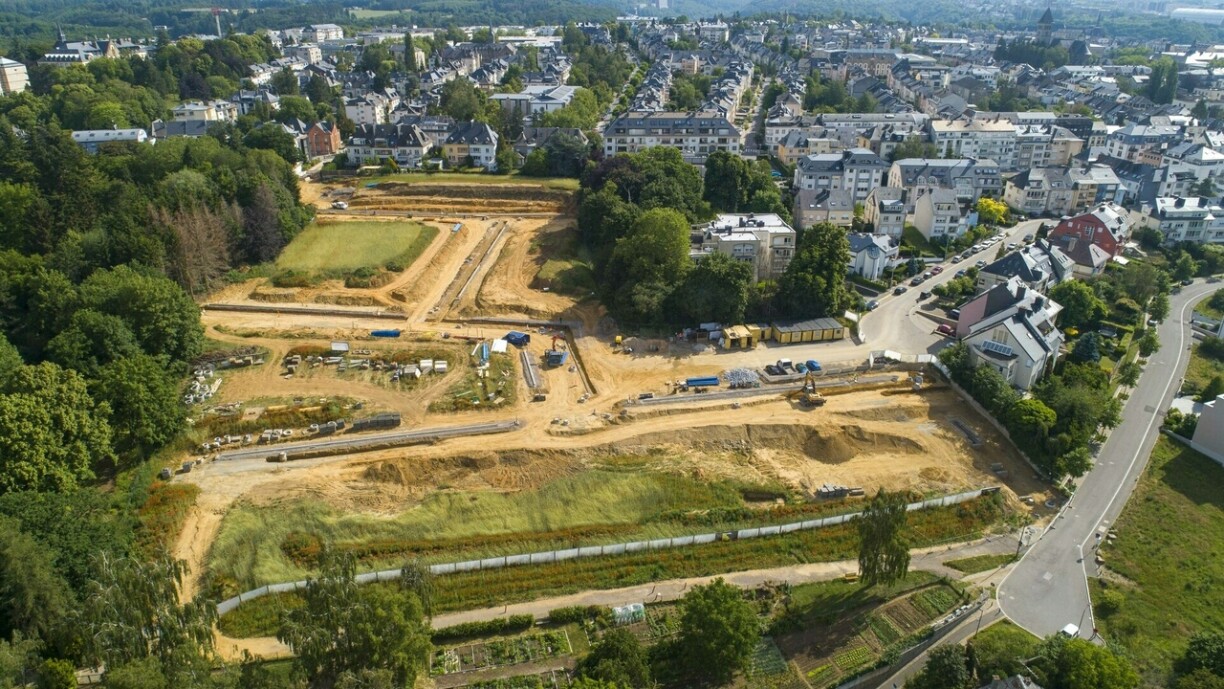
A new study by researchers at the University of Luxembourg has pinpointed the reason behind the country’s housing affordability crisis. According to the report, property developers and landowners knowingly develop a minimal amount of land - far less than they could - in an attempt to maximise wealth.